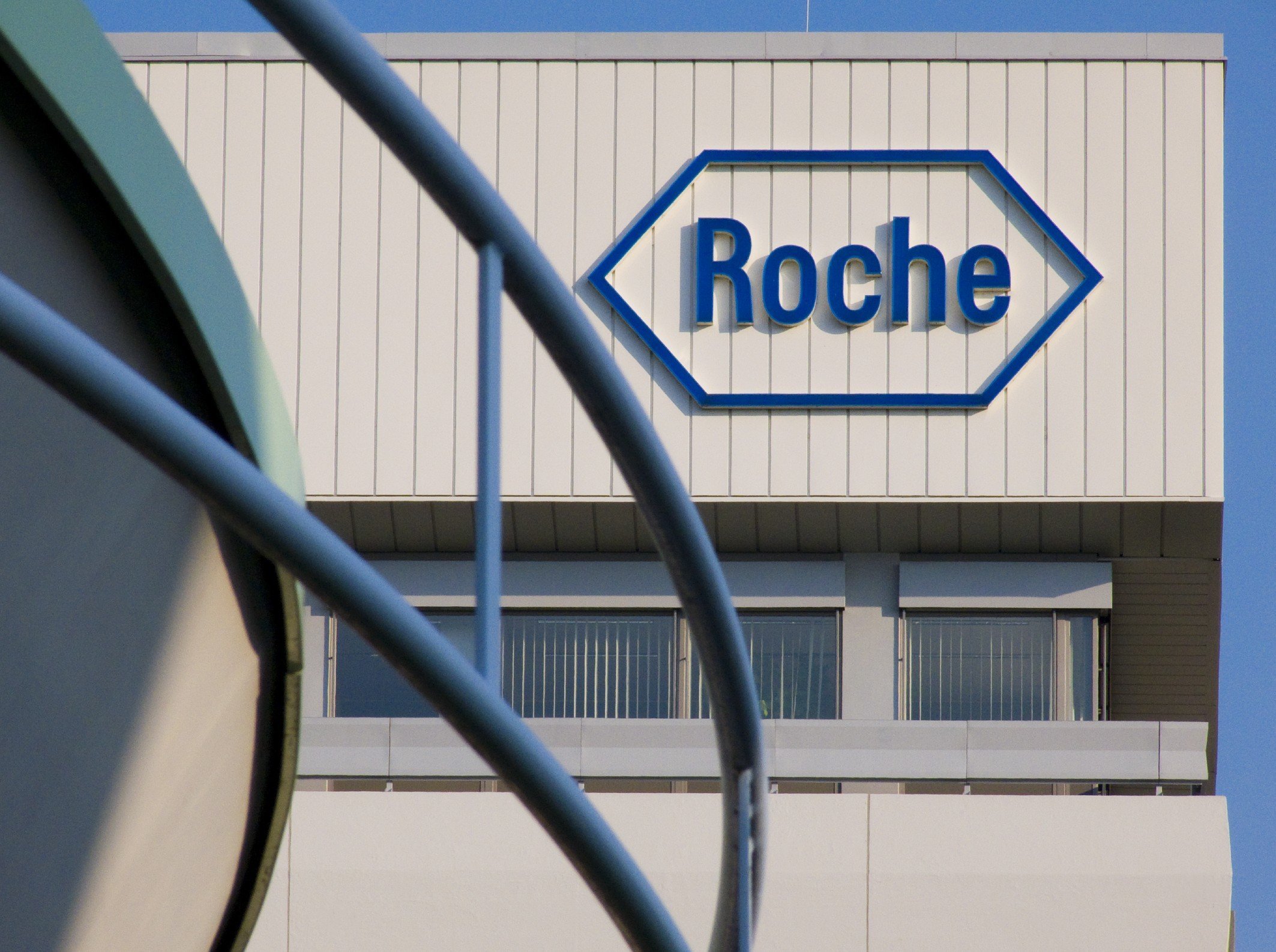Tumor Mutational Burden Measuring Assay Predicts Immunotherapy
While immunotherapy has rapidly advanced clinical care in some cancers, many patients still don’t see a benefit over standard treatment. Drugmakers like Roche, Merck & Co. and Bristol-Myers Squibb Co. have been struggling to puzzle out why and find better ways to determine likely responders.
Now, data presented at ESMO has demonstrated that a new blood test from Roche, co-developed with Foundation Medicine, can accurately measure the number of mutations within a tumour, which may help doctors to know which patients respond best to certain immunotherapies.
PD-L1 expression, for all its value to date in helping filter appropriate patient populations, has limitations. Studies have shown higher levels are correlated with improved response rates. Yet, some patients with high scores still don’t respond to treatment, and others with lower levels do. Additionally, there are no standard assays to test PD-L1 levels, making it difficult to compare across clinical trials.
Tumour mutational burden (TMB) is a quantitative clinical marker that measures the number of mutations within a tumour genome. TMB has been found to be an indicator of likelihood of progression-free survival (PFS) benefit from immunotherapies when used alone (monotherapy) in patients with non-small cell lung cancer (NSCLC
).Roche hopes that measuring TMB could help solve some of these problems and potentially replace, or at least be complementary to, testing for PD-L1 expression.
“Foundation Medicine has previously shown that measuring tumor mutational burden from tissue samples can help reliably predict responses to immunotherapies,” said Vincent Miller, Foundation Medicine’s chief medical officer, in a statement. “However, a critical need exists for measuring TMB via a non-invasive solution for cancer patients for whom tissue is not available or when a biopsy is not feasible.”
The data presented at ESMO on Friday helps to expand TMB’s utility by demonstrating the approach can work using blood samples alone — important for patients whose age or disease progression makes obtaining tissue samples difficult.
The bTMB biomarker study presented at ESMO was conducted using 794 plasma samples from the pivotal Phase II POPLAR and Phase III OAK Tecentriq studies, in which Roche investigates safety and efficacy of its PD-L1 blocker atezolizumab. The purpose of the analysis was to collect retrospective evidence of an association between bTMB and atezolizumab activity.
In the phase II POPLAR and phase III OAK clinical trials, Roche found that patients with NSCLC and high TMB experienced longer progression-free survival when treated with atezolizumab. The biomarker evaluable population (BEP) included 211 patients in POPLAR (ITT population=287) and 583 patients in OAK (excludes patients with known EGFR/ALK mutations; ITT=850), with blood samples available for targeted genomic sequencing.
To provide a proof of concept, however prospective studies are the current gold standard. Accordingly, a semi-prospective and a prospective study in patients receiving first-line treatment for NSCLC are underway, which aim to clinically evaluate and prospectively validate Roche’s blood-based diagnostic assay and assess the efficacy and safety Tecentriq (atezolizumab) and/or Alecensa (alectinib) for patients with NSCLC.
The B-F1RST study is a single-arm study evaluating the safety and efficacy of Tecentriq in first-line NSCLC and will evaluate the association between bTMB and efficacy in biomarker-unselected patients through prospective collection of blood samples that will be retrospectively tested.
BFAST is a Phase II/III trial designed to evaluate the safety and efficacy of Tecentriq or Alecensa in patients with unresectable, advanced or metastatic NSCLC. Treatment selection of Tecentriq or Alecensa is based on the presence of a positive bTMB score or oncogenic somatic mutations, respectively.
Though PD1- and PD-L1 checkpoint inhibitors have shown huge benefit to patients with inflamed tumour phenotype, the drug class currently is subject to FDA review.
“Pursuing next generation biomarker development is a critical component of our cancer immunotherapy strategy,” said Sandra Horning, MD, Roche’s Chief Medical Officer and Head of Global Product Development. “Biomarkers will not only improve our understanding of immune biology but will ultimately help match our therapies and combinations to the people most likely to benefit. This blood-based TMB assay is one example of how we and our partners are advancing the science toward personalisation of cancer therapy.”






























